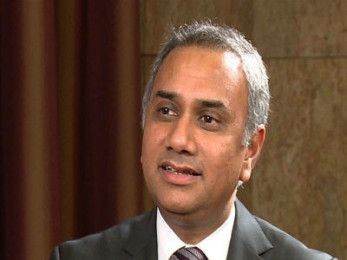 Companies that suffer from a data breach could lose more than 70 percent of their customers, according to a new survey.
Companies that suffer from a data breach could lose more than 70 percent of their customers, according to a new survey.
Ok, the survey was carried out by Gemalto which is a security company, but it was based on questions asked to 10,000 consumers.
Just under 70 percent of consumers feel businesses don’t take the security of customer data very seriously.
This is a little ironic because the Gemalto study found that consumers are failing to adequately secure themselves, with over half (56 percent) still using the same password for multiple online accounts.
Even when businesses offer robust security solutions, such as two-factor authentication, two fifths (41 percent) of consumers admit to not using the technology to secure social media accounts, leaving them vulnerable to data breaches.
This may be because the majority of consumers (62 percent) believe the business holding their data is mostly responsible for its security.
This is resulting in businesses being forced to take additional steps to protect consumers and enforce robust security measures, as well as educate them on the benefits of adopting these. Retailers (61 percent), banks (59 percent) and social media sites (58 percent) were found to have a lot of work to do, with these being sectors that consumers would leave if they suffered a breach.
Gemalto Identity and Data Protection CTO Jason Hart said: “Consumers are evidently happy to relinquish the responsibility of protecting their data to business, but are expecting it to be kept secure without any effort on their part.”
“In the face of upcoming data regulations such as GDPR, it’s now up to businesses to ensure they are forcing security protocols on their customers to keep data secure. It’s no longer enough to offer these solutions as an option. These protocols must be mandatory from the start – otherwise, businesses will face not only financial consequences but also potential legal action from consumers.”
Despite their behaviour, consumers’ security concerns are high, as two-thirds worry they will be victims of a data breach shortly.
Consequently, consumers now hold businesses accountable – if their data is stolen, 93 percent of consumers would take or consider taking legal action against the compromised business.
More than half believe that social media sites are one of the biggest threats to their data, with 20 percent fearful of travel sites – worryingly, 9 percent think no sites pose a risk to them.
A third of consumers trust banks the most with their data, despite them being frequent targets and victims of data breaches, with industry certified bodies (12 percent), device manufacturers (11 percent ) and the government (10 percent ) next on the list.
Hart said: “It’s astonishing that consumers are now putting their data at risk, by failing to use these measures, despite growing concerns around their security. It’s resulting in an alarming amount of breaches – 80 percent – being caused by weak or previously stolen credentials. Something has to change soon on both the business and consumer sides, or this is only going to get worse.”
 Irish VAR Integrity360 has written a cheque for the UK Security firm Metadigm.
Irish VAR Integrity360 has written a cheque for the UK Security firm Metadigm.


















